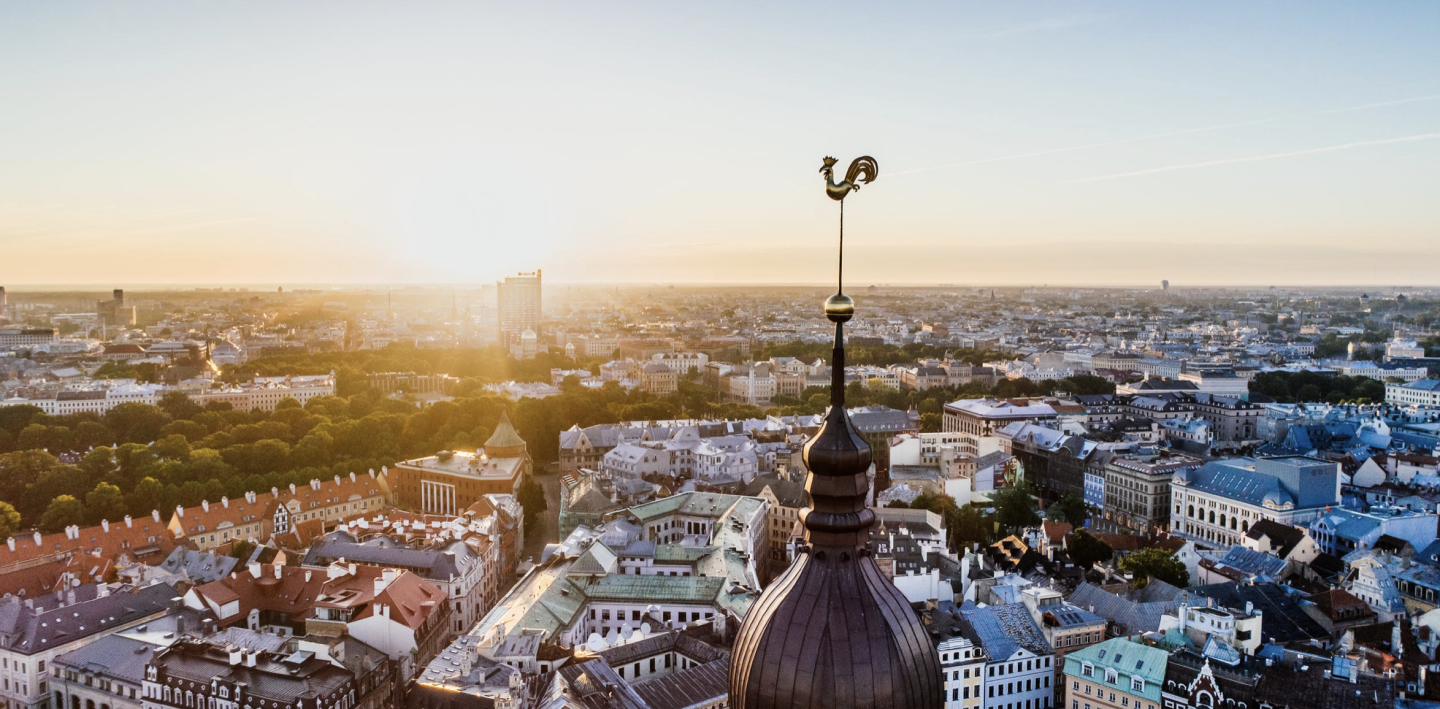Citizen engagement workshops serve, among other things, to raise awareness about heat risks, to collect ideas for heat adaptation measures and to form a network of different stakeholders that are needed to implement heat protection actions.
In Hajdúböszörmény nine workshops took place (there were two workshops each addressing one of the following target groups: Pregnant women and professionals working with children aged 3-12 years, chronically ill and disabled people and professionals working with them, elderly people in need of care and professionals working with them, and outdoor workers and their supervisors, as well as one final event). Especially infrastructural needs were identified by the stakeholders, for example less paved surfaces, more green and shaded spaces, water playgrounds, addressing energy deficiencies in buildings and solutions for cooling down school buildings by night ventilation. A common need expressed by all stakeholders was general information on (target group specific) heat risks, for example via awareness-raising campaigns. Furthermore, workshop participants marked on a map where they thought green islands and tree-lined areas should be established in the city.
In Weiz, ten engagement workshops took place, which addressed different sectors and institutions: the city administration, retirement homes, kindergartens, seniors’ associations, emergency organizations, the province of Styria, social organizations, the environmental advisory board as well as companies. In Weiz too, a joint final workshop took place. During the workshops, short-term measures (including increasing shaded seating in outdoor areas, updating city maps to highlight water dispensers and establishing volunteering programs such as heat buddies) as well as long-term measures (for example enhancing greenery in urban areas by planting trees for shade or updating energy regulations to prioritize heat protection in building refurbishments) were suggested. Furthermore, an awareness-raising campaign was proposed that utilizes regional media platforms.
In Maribor, ten engagement workshops were carried out. Most of the workshops were held in the stakeholder institutions, in order to approach persons in their own premises (for example kindergartens, schools and health care centres). About 80 participants attended the workshops (42 of them were from institutions, 13 from the general public and media and 25 from municipal departments). During the workshops, different ideas were suggested by the participants, including for example an increase of green spaces and benches with the possibility to rest in the shadow of trees, neighbourhood support for elderly people who live alone and at least one air-conditioned room in institutions such as kindergartens and elderly homes.
